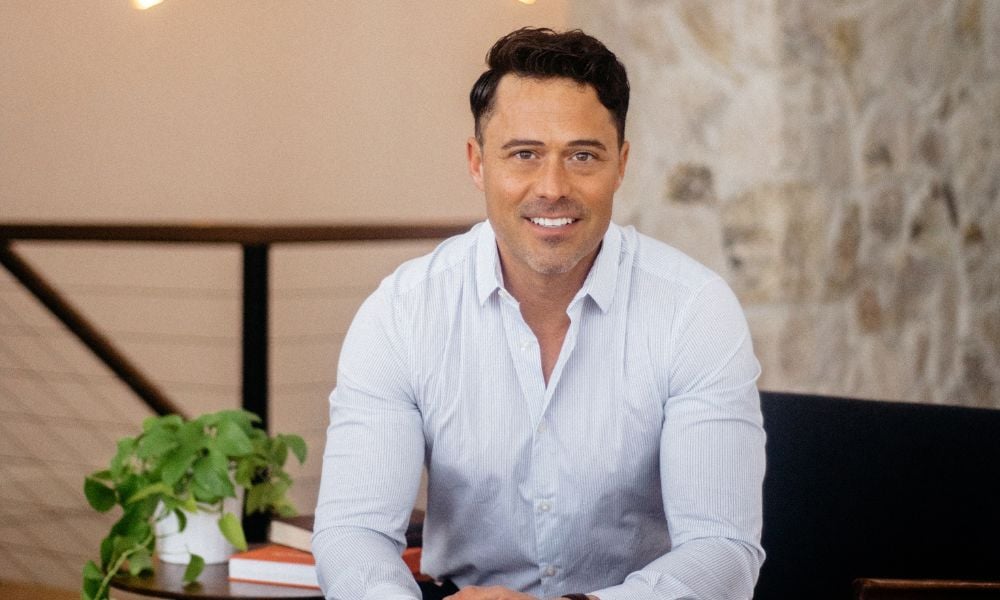Client portfolio manager explains why his mutual funds will outperform and why advisors must apply their skill with conviction

Skilled, value-orientated money managers who don’t look like the benchmark are still the best avenue to outperform the market.
Harris Associates’ Danny Nicholas, client portfolio manager of the Oakmark International Natixis Class and the Oakmark Natixis Class, believes asset managers should apply their skill with conviction. Its mutual funds, therefore, contain just 55 stocks and can, he said, be core holdings in a US or international portfolio.
Nicholas highlighted research about the “curse of the benchmark” and how failing to own winning stocks increases tracking errors, piling pressure on money managers to correct that, which creates a bubble, inefficiency and more risk.
“Our philosophy is if you believe you have skill, you should apply that skill with conviction,” he told WP during a visit to Toronto.
“Hold stocks a long time until they reach the price target, have a concentrated portfolio of 55 stocks versus 120 because you know those businesses and know the management team. Why diversify away your best ideas? And then build your portfolios regardless of benchmark.”
Nicholas said that many advisors are focused on not underperforming and so, as insurance, they build a portfolio that looks 50% like the benchmark, meaning only half is working on behalf of the advisor.
He said: “We provide 90% weighted different to benchmark. It’s really an active approach and an active solution for the manager to outperform, and by not looking like the benchmark we justify the fees.”
As value investors, Harris Associates backs its process, which Nicholas calls the "genius" of the 40-year-old firm. He said smart investors combine active with passive, and that the latter plays a crucial role in keeping people invested.
With value having underperformed the past 10 years, he concedes people have taken the “if you can’t beat it, join it” approach and gone with the index.
However, he argues that value will better momentum over time and that his firm’s philosophy of selling when hitting the price target and replenishing into something less risky grows investors’ capital more effectively.
He said: “We outperformed the last 10 years even though value has underperformed so we would say it’s even more important to find managers that don’t look like the benchmark and that they actually have skill.”
He added: “Low interest rates have been keeping businesses alive that shouldn’t be kept in business so we think return dispersion will increase. It pays to be in the benchmark because everything is doing well but as rates go up we think you’ll need to pick through the quality of the business. Only 10% of asset managers are outperforming at this stage of the cycle but business is very cyclical.”
Nicholas is also undaunted by the rise of the ETFs, a phenomenon that he believes the mutual fund industry actually created. He added that the true active manager is safe but that the “closet index” promoters – the middle ground – are under attack.
He said: “ETFs are a good thing overall and index funds are a good thing overall. We actually think as an industry we’ve caused this to happen because we’ve provided a portfolio that has a high fee relative to index funds but it looks like the index. That’s the closet index.
“We actually think indexing and ETFs are causing closet indexers that hold 120-150 stocks yet charge an active management fee; that’s what ETFs are attacking.
“We would say truly active managers are still fine and they are able to charge the fee that is deserved, and indexing is great. You just don’t want to be in business in the middle anymore because the transparency and the rise of ETFs are putting those types of managers out of business.”
Related stories:
Why it's time for an alternative approach
Mutual fund company fined $1.1 million for overpaying reps



